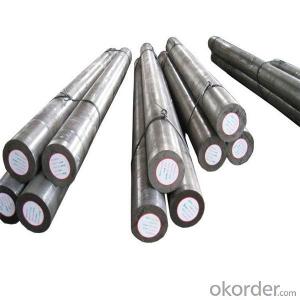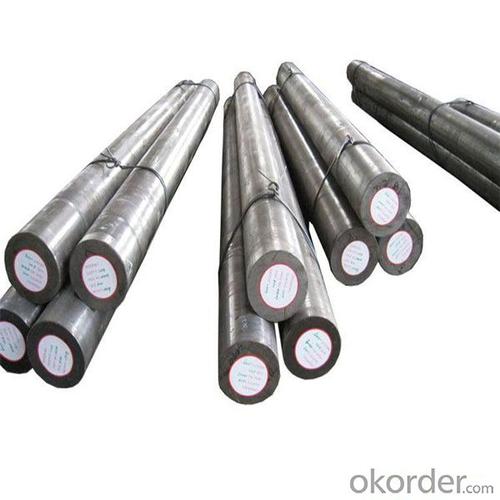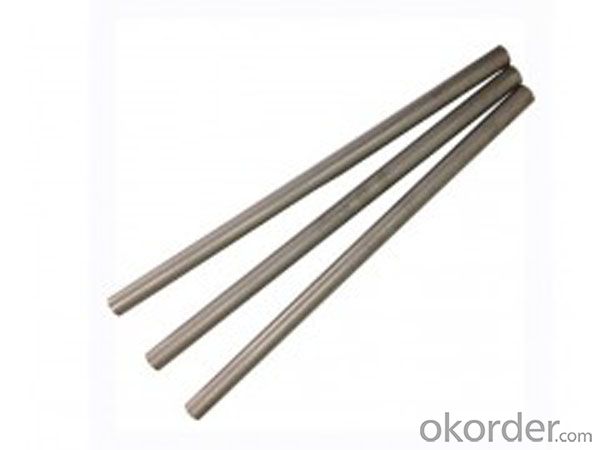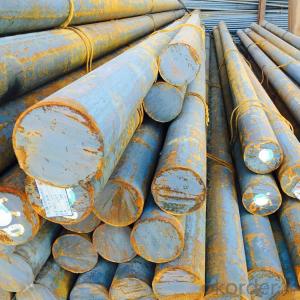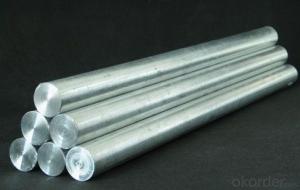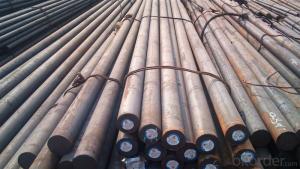Special Steel Carbon Steel Structural Black or Galvanized MS
- Loading Port:
- China main port
- Payment Terms:
- TT OR LC
- Min Order Qty:
- 30 m.t.
- Supply Capability:
- 10000 m.t./month
OKorder Service Pledge
OKorder Financial Service
You Might Also Like
Specification
Product Information
Product | square hollow section |
out diameter | 10mm*10mm-500mm*500mm |
thickness | 0.7mm-60mm |
length/pc | 1-12m (as customer`s requirement) |
standard | ASTM A500,JG 178-2005,JIS G3466,EN10210 |
grade | ASTM A53,ASTM A106 ASTM A210,ASTM A283,ST33, ST37-2,ST52, DIN1626,DIN1629,STPY41,G3452,G3457, S235,S355, Q195-Q235,Q345 |
surface | hot dipped galvanized ,per-galvanized,painted,oiled and etc, |
certification | ISO9001:2008,SGS,BV |
quality test | we offer MTC (mill test certification) |
provenance | tianjin china |
application |
Widely used in mechanical manufacture, construction field, metallurgy industry, farm vehicles, agriculture greenhouse, automotive industry, railway, highway guardrail, container frame, furniture, decoration, steel structure etc |
MOQ | 25t |
price | 580-750 USD/MT |
Package | packed in bundle, suitable for sea transport .or as customer`s requirement |
Payment terms | by L/C at sight or 30% deposit then pay the balance money after receive the copy of B/L |
Deliver Time | within 20days after received the deposit or L/C |
main market | Asia, Latin America , Africa, Europe, and Oceania, |
test | 1 Chemical Component Analysis, |
Size | Wall thickness | Size | Wall thickness | Size | Wall thickness | Size | Wall thickness |
mm | mm | mm | mm | mm | mm | mm | mm |
10x10 | 0.6-0.8 | 42x42 | 1.2-6.0 | 90x90 | 2.5-6.0 | 150x150 | 4.0-8.0 |
Product Show
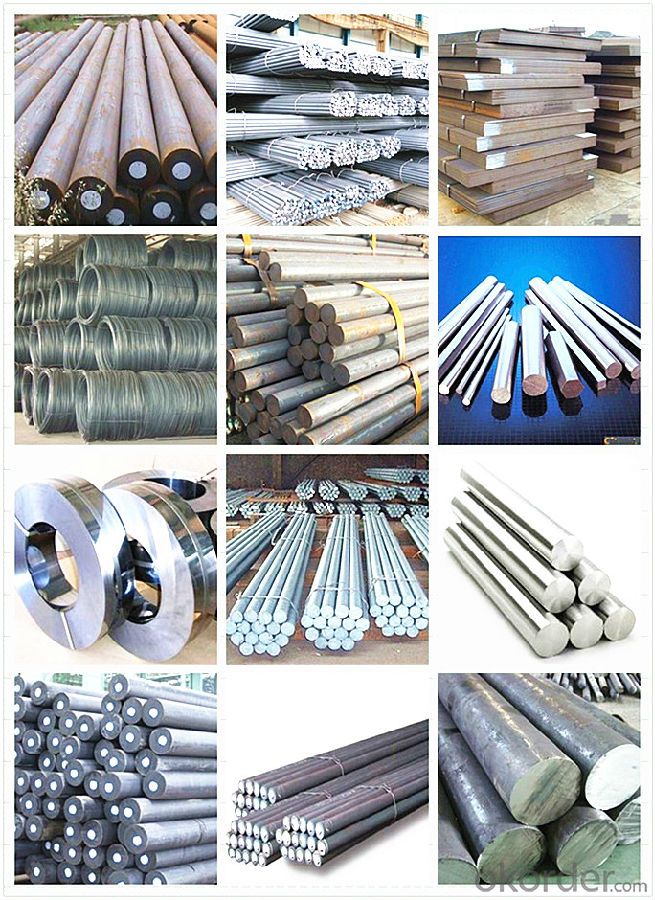
Workshop Show
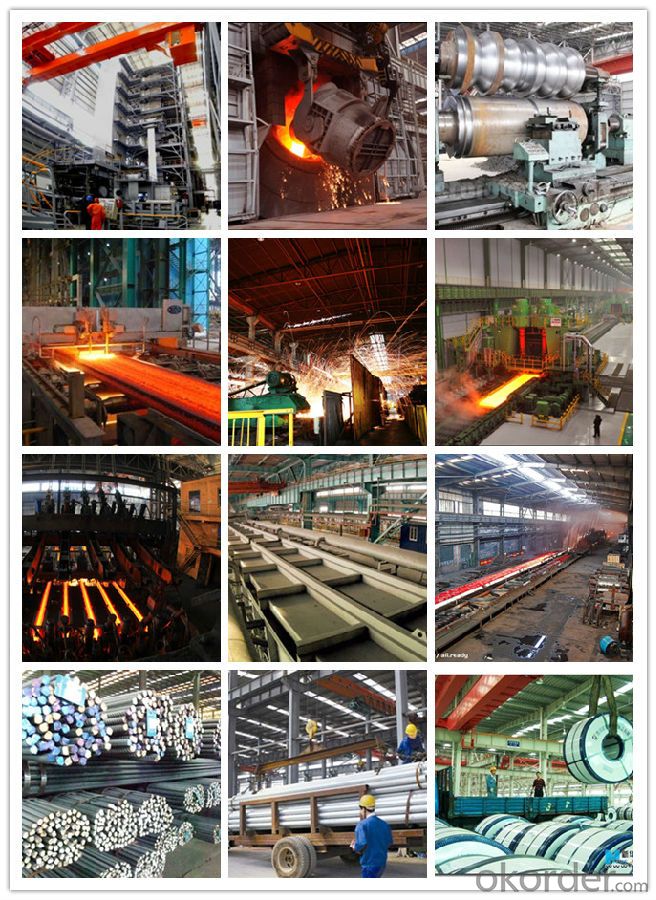
Shipping
1. FedEx/DHL/UPS/TNT for samples, Door-to-Door;
2. By Air or by Sea for batch goods, for FCL; Airport/ Port receiving;
3. Customers specifying freight forwarders or negotiable shipping methods!
Delivery Time: 3-7 days for samples; 5-25 days for batch goods.
Payment Terms
1.Payment: T/T, L/C, Western Union, MoneyGram,PayPal; 30% deposits; 70% balance before delivery.
2.MOQ: 1pcs
3.Warranty : 3 years
4.Package Informations: 1) EXPORT, In 20 feet (GW 25 ton) or 40 feet Container (GW 25 ton)
2)as customer's requirement
Why choose us?
(1) The leading exporter in China special steel industry.
(2) Large stocks for various sizes, fast delivery date.
(3) Good business relationship with China famous factories.
(4) More than 7 years steel exporting experience.
(5) Good after-sales service guarantee.
- Q: Can special steel be used in the appliance manufacturing industry?
- Yes, special steel can be used in the appliance manufacturing industry. Special steels, such as stainless steel or high-strength steel, offer various advantages such as corrosion resistance, durability, and enhanced mechanical properties. These qualities make them suitable for manufacturing appliances that require high performance, such as refrigerators, ovens, or washing machines. Additionally, special steels can be customized to meet specific design requirements and can contribute to the overall aesthetic appeal of the appliances.
- Q: How does special steel perform in high-pressure and high-temperature environments?
- Special steel is specifically designed to perform exceptionally well in high-pressure and high-temperature environments. It possesses unique properties that enable it to withstand extreme conditions without undergoing deformation, corrosion, or failure. One of the primary characteristics of special steel is its high strength. It is engineered to have superior mechanical properties, such as excellent tensile strength, which allows it to resist the immense pressure exerted on it in high-pressure environments. This strength ensures that the steel can maintain its structural integrity and not buckle or collapse under the immense force. Furthermore, special steel is highly resistant to corrosion and oxidation, even at high temperatures. This resistance is crucial in high-temperature environments where the presence of hot gases, steam, or caustic chemicals can cause regular steel to degrade rapidly. Special steel's resistance to corrosion and oxidation ensures its longevity and reliability, making it an ideal choice for applications in such challenging conditions. Additionally, special steel exhibits excellent heat resistance. It can withstand extreme temperatures without losing its mechanical properties, such as strength and hardness. This characteristic is crucial in high-temperature environments where regular steel would weaken, soften, or even melt. Special steel's ability to maintain its structural stability even in extreme heat ensures the safety and reliability of equipment and structures operating in such conditions. Moreover, special steel is known for its excellent thermal conductivity. This property allows it to efficiently transfer heat away from the high-temperature environment, preventing localized hotspots and thermal stress. By effectively dissipating heat, special steel ensures the overall stability and performance of equipment and structures under high-pressure and high-temperature conditions. In summary, special steel performs exceptionally well in high-pressure and high-temperature environments due to its high strength, resistance to corrosion and oxidation, heat resistance, and excellent thermal conductivity. These properties make special steel a reliable and durable material for various applications, including power generation, oil and gas exploration, aerospace engineering, and many more.
- Q: How is alloy steel used in the production of gears and shafts?
- Alloy steel is commonly used in the production of gears and shafts due to its high strength, durability, and resistance to wear and fatigue. The addition of various alloying elements, such as chromium, nickel, and molybdenum, enhances the material's mechanical properties, making it suitable for heavy-duty applications. Alloy steel gears and shafts can withstand high loads, transmit torque efficiently, and provide reliable performance, ensuring smooth operation and prolonged lifespan in various industries, including automotive, aerospace, and manufacturing.
- Q: How does special steel perform in hydrogen embrittlement conditions?
- Special steel, also known as high-strength steel or alloy steel, typically exhibits excellent resistance to hydrogen embrittlement conditions. Hydrogen embrittlement is a phenomenon in which hydrogen atoms invade the metal's lattice structure, causing it to become brittle and prone to fractures under stress. Due to their unique composition and microstructure, special steels are designed to withstand harsh environments, including hydrogen embrittlement conditions. These steels often contain alloying elements such as nickel, chromium, and molybdenum, which enhance their resistance to hydrogen-induced cracking. The presence of these alloying elements in special steel promotes the formation of protective oxide layers on the steel's surface, which act as a barrier to prevent hydrogen atoms from diffusing into the metal matrix. Additionally, these elements can trap and bind hydrogen atoms, reducing their mobility and minimizing their detrimental effects on the steel's mechanical properties. Furthermore, special steels are often subjected to various heat treatments and processing techniques, such as quenching and tempering, to further enhance their resistance to hydrogen embrittlement. These processes help refine the steel's microstructure, improving its strength, toughness, and ductility while minimizing the potential for hydrogen-induced cracking. Overall, special steel demonstrates superior performance in hydrogen embrittlement conditions compared to standard steels. Its unique composition, microstructure, and processing techniques make it highly resistant to the detrimental effects of hydrogen atoms, ensuring the structural integrity and reliability of components and structures operating in hydrogen-rich environments.
- Q: How is special steel used in the production of automotive springs?
- Special steel is used in the production of automotive springs due to its high strength and durability properties, which are essential for supporting the weight of the vehicle and providing a smooth ride. The special steel's unique composition and manufacturing processes ensure that the springs can withstand repeated stress and maintain their shape over time, enhancing the overall performance and safety of the vehicle.
- Q: How does special steel contribute to the renewable energy sector?
- Special steel plays a crucial role in the renewable energy sector by enabling the development and production of efficient and durable components for renewable energy technologies. For example, special steel is used in the manufacturing of wind turbine towers, blades, and foundations, ensuring their structural integrity and longevity. It is also utilized in solar panel frames, supporting structures, and transmission systems, enhancing their resilience and performance. Additionally, special steel is essential in the construction of hydroelectric power plants, ensuring the strength and reliability of penstocks, turbines, and other critical components. Its unique properties and characteristics contribute significantly to the overall efficiency, sustainability, and cost-effectiveness of renewable energy systems.
- Q: What are the different welding methods used for special steel?
- There are several welding methods that can be used for special steel, depending on the specific requirements of the project. Some of the commonly used welding methods for special steel include: 1. Gas Metal Arc Welding (GMAW): Also known as MIG welding, this method uses a consumable electrode and a shielding gas to protect the weld from atmospheric contamination. GMAW is ideal for welding special steel as it provides high-quality, clean welds with minimal spatter. 2. Gas Tungsten Arc Welding (GTAW): Also known as TIG welding, this method uses a non-consumable tungsten electrode and a shielding gas to protect the weld. GTAW is often used for special steel as it allows for precise control over the welding process, resulting in high-quality, defect-free welds. 3. Shielded Metal Arc Welding (SMAW): Also known as stick welding, this method uses a consumable electrode coated in flux to protect the weld. SMAW is commonly used for special steel as it is a versatile and portable method that can be used in various positions and environments. 4. Flux-cored Arc Welding (FCAW): This method uses a tubular electrode filled with flux to protect the weld. FCAW is often used for special steel as it provides high deposition rates and deep penetration, making it suitable for thicker materials. 5. Submerged Arc Welding (SAW): This method uses a continuously fed wire electrode and a granular flux that is applied around the weld. SAW is commonly used for special steel as it can produce high-quality, high-integrity welds in thick sections. It is important to note that the selection of the appropriate welding method for special steel depends on various factors such as the type and thickness of the steel, the desired weld quality, and the specific application requirements. Therefore, it is recommended to consult with welding professionals or engineers to determine the most suitable method for a particular project involving special steel.
- Q: What are the different methods of improving the impact toughness of special steel?
- There are several methods for improving the impact toughness of special steel. One common method is through heat treatment processes such as quenching and tempering, which involve heating the steel to a high temperature and then rapidly cooling it. This helps to refine the grain structure of the steel, making it more resistant to cracking and improving its toughness. Another method is alloying, where specific elements are added to the steel to enhance its toughness, such as nickel, chromium, or manganese. Additionally, controlling the cooling rate during the manufacturing process, known as controlled cooling, can also improve the impact toughness of special steel by minimizing the formation of brittle phases. Overall, a combination of heat treatment, alloying, and controlled cooling can be employed to enhance the impact toughness of special steel.
- Q: What are the properties of high-strength steel?
- High-strength steel has several key properties that make it desirable for various applications. It possesses exceptional strength, allowing it to withstand heavy loads and resist deformation under stress. It also exhibits excellent toughness, meaning it can absorb energy without fracturing. Additionally, high-strength steel typically offers high hardness, good wear resistance, and enhanced corrosion resistance. Its properties make it ideal for use in industries such as automotive, aerospace, construction, and manufacturing, where durability and reliability are crucial.
- Q: What are the requirements for special steel used in chemical processing?
- The requirements for special steel used in chemical processing include high corrosion resistance, exceptional strength and durability, resistance to high temperatures and extreme pressure, and compatibility with the specific chemicals being processed.
Send your message to us
Special Steel Carbon Steel Structural Black or Galvanized MS
- Loading Port:
- China main port
- Payment Terms:
- TT OR LC
- Min Order Qty:
- 30 m.t.
- Supply Capability:
- 10000 m.t./month
OKorder Service Pledge
OKorder Financial Service
Similar products
Hot products
Hot Searches
Related keywords
